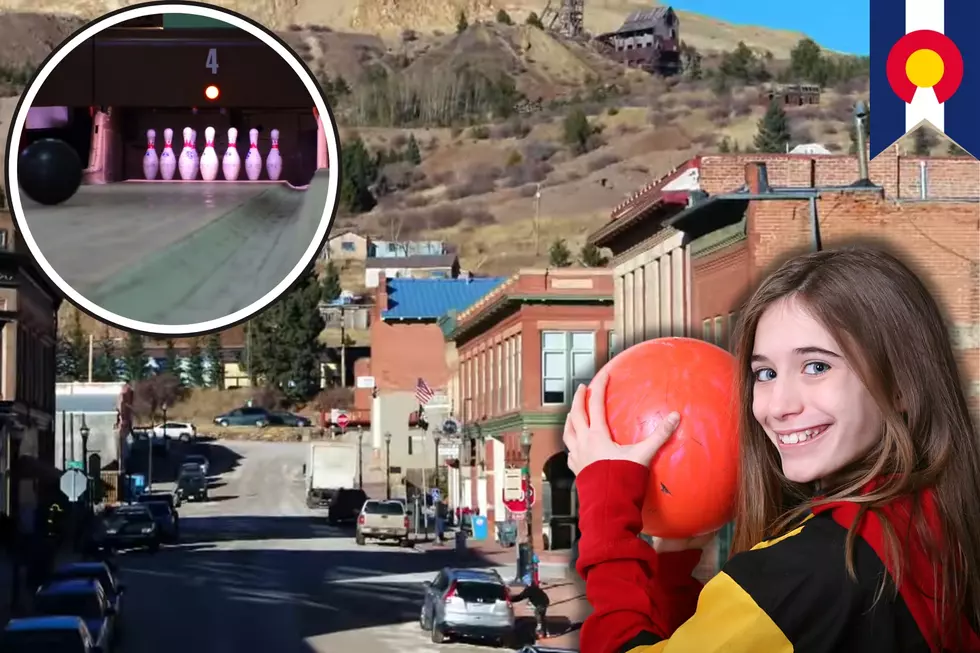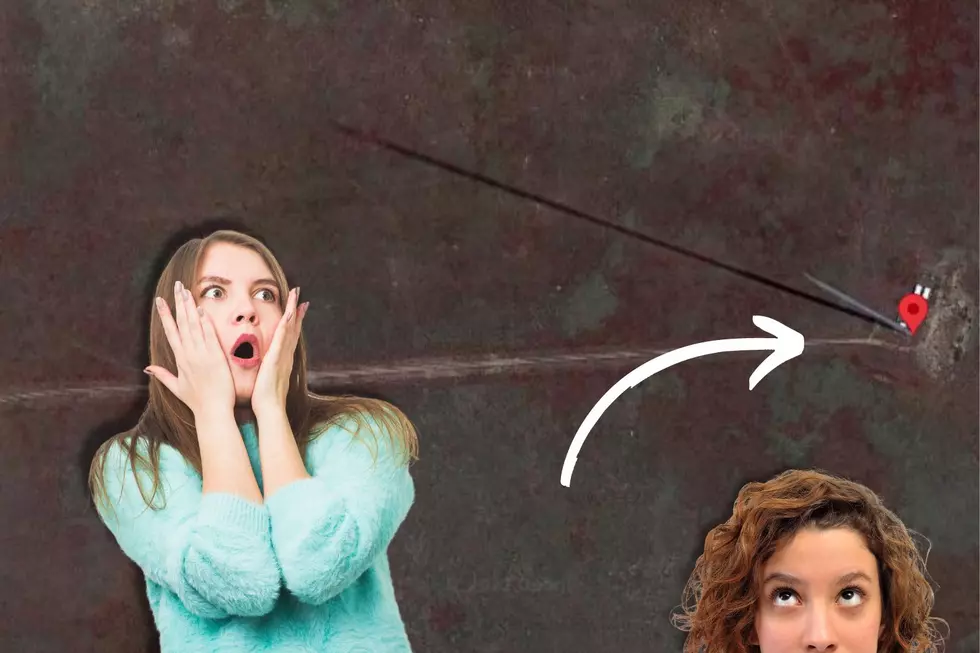
RSV Hospitalizing Children In Colorado
RSV, Respiratory Syncytial Virus, is a respiratory illness that is hospitalizing children and the elderly.
Under normal circumstances, the virus causes mild cold-like symptoms that can take a week or so to get over, according to the Center for Disease Control. Unless you are a very young or very old person, then it can take a decided turn for the worse.
The symptoms are similar to those of colds and flu. A runny nose, coughing, sneezing, fever and wheezing the most obvious. For very young infants, however, these signs do not show up, replaced by irritability, difficulty breathing and lower activity.
In the very young and very old, the ability to fight off infection is very low and those who fall into that category will have the hardest time with RSV.
How do you keep RSV from spreading? The same way you would with a cold or the flu, actually.
- Cover your mouth with your sleeve or tissue when you cough and don't use your bare hands
- Wash hands often
- Avoid close contact with others, like kissing, sharing utensils, etc
- Keep surfaces such as tables and doorknobs clean and germ-free
- Make sure you stay away from the very old or very young, keeping them away from the virus.
And if you have a child who contracts RSV, reduce the amount of time they may spend in areas with a lot of children such as daycare or school until it has passed.
There are no vaccines as yet for RSV so preventative measures are your best bet to keep children and the elderly out of hospitals and out of danger.
More From 99.9 KEKB - Grand Junction's Favorite Country









